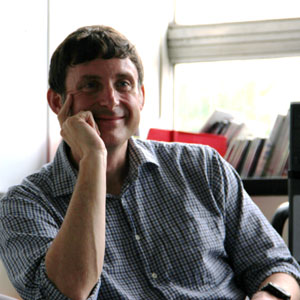One hundred and thirty foundation year practitioners will assemble at the University of Sussex for the Foundation Year Network Conference later this week.
As with every year for the past thirteen, we will share good practice in foundation year provision, keeping our students remarkable abilities and particular needs in clear focus throughout. We will also offer one another an annual dose of emotional support.
As one external examiner recently observed, foundation years are
… both the most demanding and the most rewarding programmes I have ever worked on [and] a lot of that labour is emotional. It is the hardest work I have done, and it is work that stays with you. An extraordinary kind of work.
Every one unique
Over the two days, we will discuss and scrutinise a growing body of progression and achievement data which colleagues within the network have taken care to collect. These data throw increasing light on what works in our individual institutional contexts, as well as what we find most challenging. Each year we identify many commonalities in supporting the successful transition of students on “non-standard pathways” into a wide and extremely diverse landscape of higher education provision. But we also find that every institutional context, and every degree pathway, has its own specificities. This is why every good foundation year programme is unique.
To fully benefit our students, each programme must be tailored with their next level of study in mind, taking full advantage of the wider institutional resources which foundation year study within an HE context brings. As such, it should cost at least as much to work with and support a foundation year student as it does a student at any other level of HE study. It is also why the data, properly gathered and analysed, will demonstrate that foundation years represent the “better deal” (to use the words of Philip Augar) for students and taxpayers than some other pathways.
Quite the policy pedigree
It is therefore neither “surprising”, nor without reason, that Alan Milburn, David Willetts and Les Ebdon (amongst others), each with a direct stake in increasing participation and success for under-represented groups, have at different points over the past decade encouraged HEIs to invest in foundation years. Nor, of course, is it surprising that students themselves have actively chosen the additional personal costs (and loans) of studying on an integrated degree with foundation year.
Foundation years often work much better than other forms of transitional provision. We know this because our students tell us so. But we don’t expect policy makers to take either their or our word for this, which is why the network has offered to assist OfS in anyway we can to assemble an appropriate evidence-base to enable students and policy makers to properly assess which are the “better deals”.
A bigger pie
I absolutely agree with David Hughes when he argues that “… Augar has shown that we should not fight over the pie, but work for it to be bigger.” Network members recognise how under-resourced FE and Access to HE provision has become over the last two decades – many of us have direct experience of this under-resourcing – and we would urge policy makers to address this deficit in new and effective ways.
But the solution is not to force all but the exceptions into study within an FE context which simply cannot offer the same resources or replicate the student experience which many foundation years do. And if colleges could achieve this, it would come at a considerably higher price tag. As we say up north, you don’t get owt for nowt.
The network looks forward to discussing the possibilities for further data gathering and analysis with OfS’s Adam Finlayson in Sussex on Wednesday. We are also encouraged by the willingness of government and OfS to find out more about what the network does and to consult on what further evidence would help ensure that all impacts of any policy changes are fully and thoroughly considered. This is a critical conversation to be had if we are not to further exacerbate the “story of both care and neglect” which the Augar Report seeks to address. If foundation years are anything, they are a “matter of fairness and equity”.













